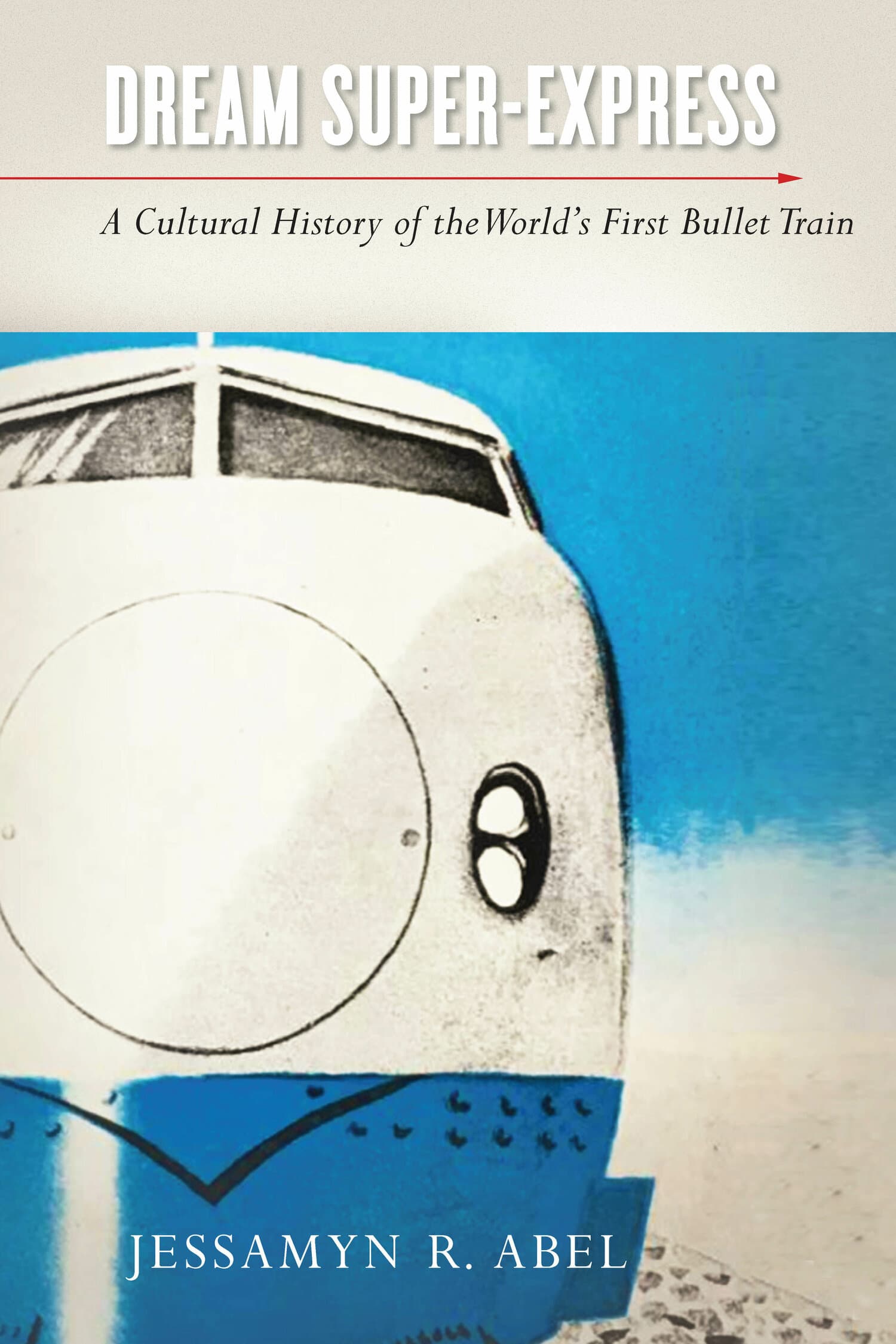Science for the Empire
Award Winner
2009: Outstanding Academic Title
Winner of the 2009 Outstanding Academic Title Award, sponsored by Choice.

This fascinating study examines the discourse of science in Japan from the 1920s to the 1940s in relation to nationalism and imperialism. How did Japan, with Shinto creation mythology at the absolute core of its national identity, come to promote the advancement of science and technology? Using what logic did wartime Japanese embrace both the rationality that denied and the nationalism that promoted this mythology?
Focusing on three groups of science promoters—technocrats, Marxists, and popular science proponents—this work demonstrates how each group made sense of apparent contradictions by articulating its politics through different definitions of science and visions of a scientific Japan. The contested, complex political endeavor of talking about and promoting science produced what the author calls "scientific nationalism," a powerful current of nationalism that has been overlooked by scholars of Japan, nationalism, and modernity.
"Scholars of modern Japan, and any scholars wanting to learn of the role and expectations of science and its relationship to the state, should carefully read this important work."—John E. Van Sant, Journal of the History of Medicine and Allied Sciences
"Mizuno's analysis also informs areas such as the economic and political roles of nuclear development, the direction of computer-related industries, and robotics. . . . In all, it is a modest gem using fresh materials and approaches to get at important issues."—Wesley Sasaki-Uemura, Asian Anthropology
"[T]his is an excellent study of Japanese science from the interwar through wartime years that will stand the test of time. Mizuno has provided valuable insight into the minds of technologists, scientists, philosophers and historians of science, and writers that reveals their motivations as they related to one another, the state, and society at large. This book is a welcome addition to the small but growing literature of the history of science in Japan."—David G. Wittner, East Asian Science, Technology, and Medicine
"[Mizuno] brings to light some of the overlooked linkages between prewar and postwar Japan and suggests a useful means of considering some of the other instances of boosterism apparent in global history . . . [Science for the Empire] sheds additional light upon the contested nature of social change in interwar Japan and usefully supplements that growing body of work."—Bill Sewell, Canadian Journal of History
"In this fine book, Hiromi Mizuno addresses questions about the discursive relationship of science to nationalism and modernity in interwar and wartime Japan . . . Mizuno argues convincingly that the concept of scientific nationalism contributes to our understanding of nationalism more generally by highlighting the inherent contradictions between national claims to difference and national aspirations to excellence in the international scientific community, which demands universal validity for its findings . . . Mizuno has produced a book that contributes to the intellectual, cultural, and social history of the world as well as Japan."—Sally Hastings, Monumenta Nipponica
"The book's discourse analysis approach works well—it effectively reveals how discourses about science and the scientific was bound up with a whole host of other significant ideas."—Eiko Maruko Siniawer, Journal of Japanese Studies
"Hiromi Mizuno describes a vigorous, wide-ranging debate over science from the 1920's into the early 1940's."—Julia Adeney Thomas, Times Literary Supplement
"This is an important book that shows us that there was a battle over 'science' even before the war and it continued in peacetime with groups such as Minka."—Morris Low, Japanese Studies
"The amount that can be read between the lines alone of this clear snapshot of the origins of certain aspects of modern Japan, which are often treated as more traditional, makes the book worth the read. The volume also fills a gap in the history of science caused by the discipline's traditionally Eurocentric focus, and is a critical contribution to the English-language history of both science and Japan."—CHOICE
"A very important contribution to Japanese intellectual and social history. Mizuno's book will require historians and social scientists of Japan to consider further the importance of the natural sciences, nationalism, and discourses about them for the larger field of study."—James Bartholomew, The Ohio State University




